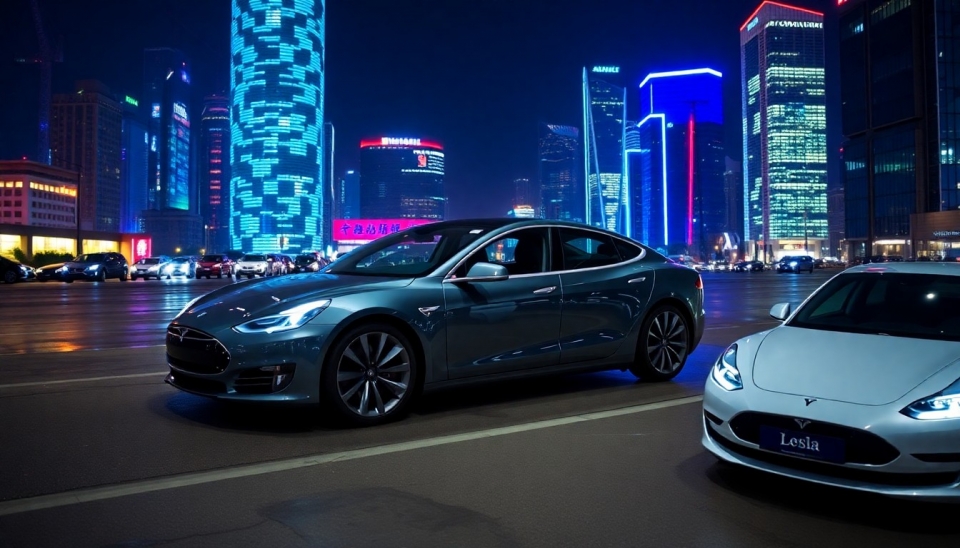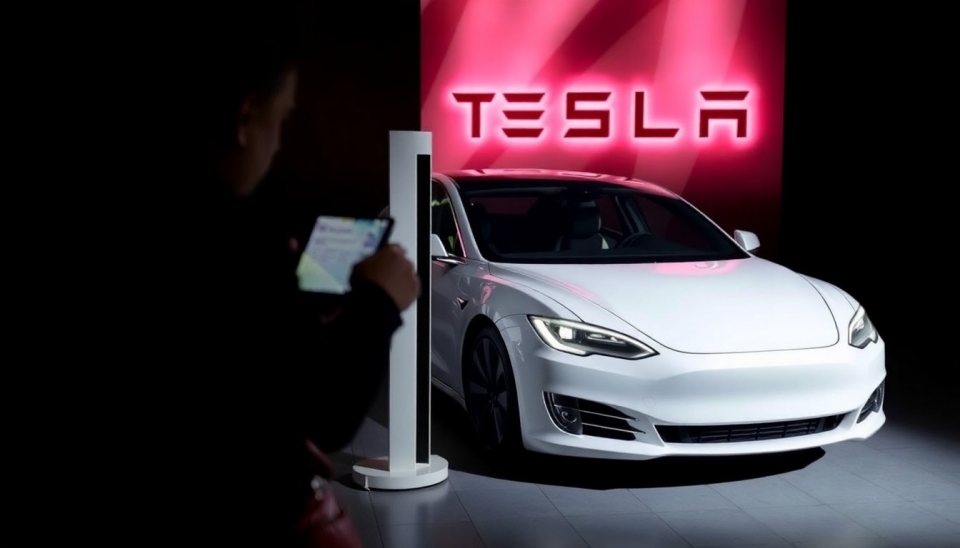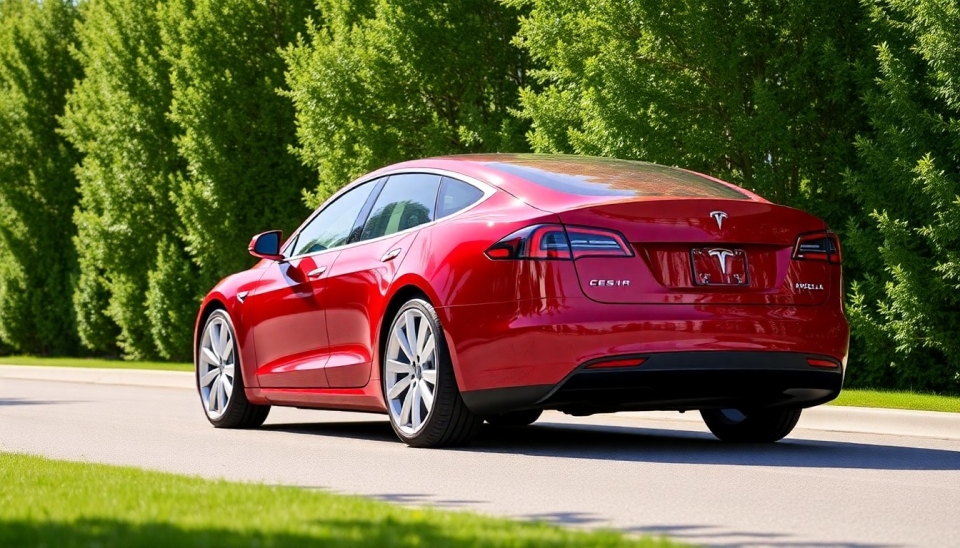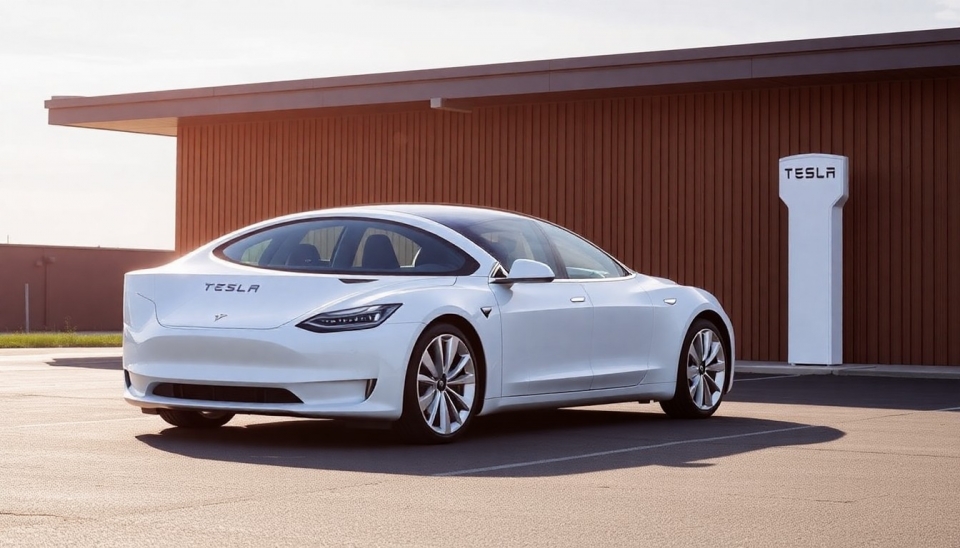
In a significant turn of events for the electric vehicle giant Tesla, the company has reported a notable drop in its annual shipments from its Shanghai plant, marking the first decline since its operations began in the region. This shift in trajectory comes as a surprise to both industry analysts and investors, who have closely monitored Tesla's performance in China, one of the key markets for the brand's global expansion.
For the calendar year ending 2024, Tesla's deliveries from the Shanghai Gigafactory fell below expectations, registering a decrease rather than the anticipated growth. The Shanghai facility has long been a linchpin in Tesla's operational strategy, serving as the primary production hub for Asian markets and a substantial contributor to the company’s overall output and profitability.
The decline in shipments can be attributed to several factors, including intensified competition in the electric vehicle sector and a growing array of local alternatives that have begun to capture market share. Several Chinese manufacturers have ramped up their production of electric vehicles, offering consumers various options at competitive price points. As these local manufacturers ramp up their capabilities, Tesla's position in the market faces challenges that could complicate their operations moving forward.
Moreover, macroeconomic factors such as regulatory changes, fluctuating consumer demand, and supply chain disruptions have further complicated the landscape. The ongoing effects of the global semiconductor shortage continue to impact production timelines and operational efficiency across the automotive industry, and Tesla is not immune to these challenges.
Despite these setbacks, Tesla remains committed to its plans in China, emphasizing its intention to adapt to the changing market dynamics. The company is reportedly investing significantly in enhancing its battery technologies and expanding its product lineup to better align with consumer preferences in the region. Tesla's executives have expressed optimism about the resilience of their brand and the long-term potential of electric vehicles in the Chinese market.
In light of these developments, the stock market has reacted cautiously, reflecting investor concerns over Tesla's ability to maintain its market dominance amid increasing competition. Analysts are now closely monitoring Tesla's potential strategies to navigate this shifting landscape and assessing the implications for the company's future growth trajectory.
In conclusion, Tesla’s recent decline in shipments from Shanghai raises important questions about the company’s future in one of the world's largest electric vehicle markets. As competition heats up and the market evolves, stakeholders will be keenly observing how Tesla adapts to these challenges and seizes new opportunities in the dynamic automotive landscape.
#Tesla #ElectricVehicles #ChinaAutomotiveMarket #EVCompetition #ShanghaiShipments #MarketTrends
Author: John Miller




